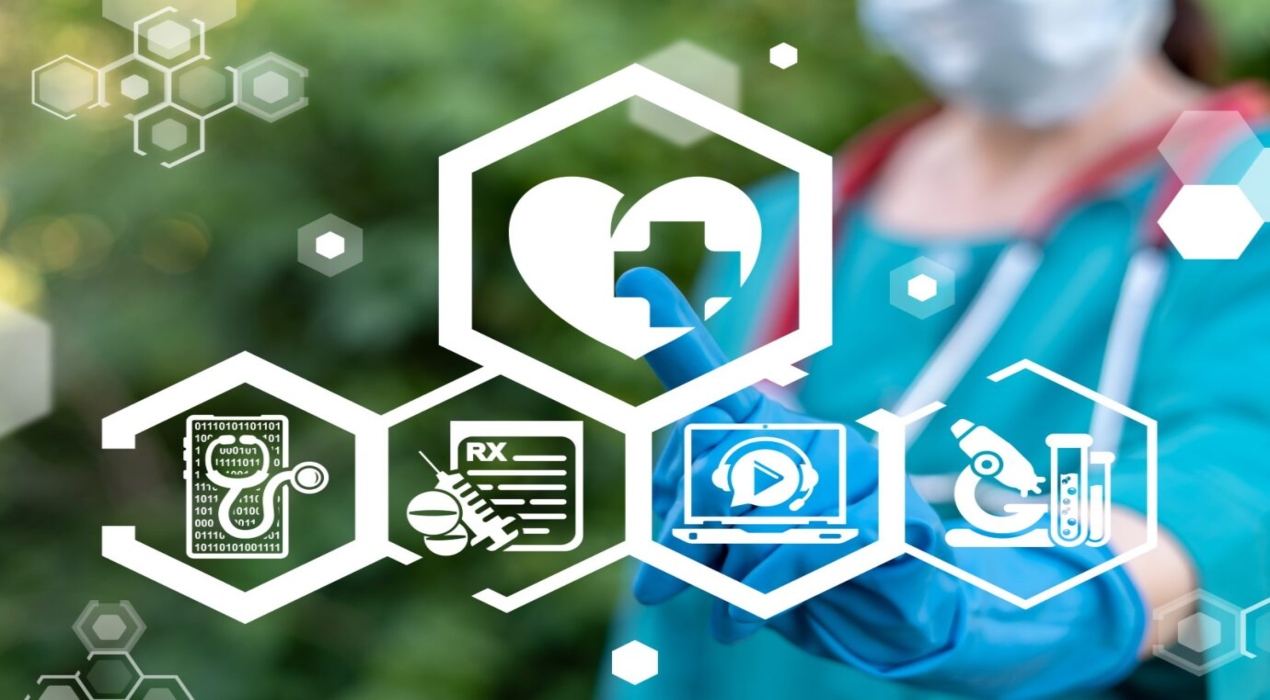
|
Getting your Trinity Audio player ready...
|
The National Research and Innovation Agency (BRIN), through the Centre for Artificial Intelligence and Cyber Security Research, is currently developing a research project involving implementing Artificial Intelligence (AI) algorithms for diagnosing malaria. This research aimed to design and build a computer-based diagnosis system enriched with the implementation of AI algorithms to determine the health status of patients related to malaria.

Through AI integration, this system can identify whether a patient is affected by malaria and continue the diagnostic process by identifying the species of plasmodia and the life stage attacking red blood cells.
This step enhanced the accuracy of diagnosing malaria and opened opportunities for developing more precise and customised treatments.
Artificial intelligence significantly contributes to the efficiency of diagnostic processes, providing more accurate results and enabling faster and more effective treatment for patients infected with malaria.
AI technology in the malaria diagnosis process reflects a development in medicine and health technology, expanding the potential to detect and manage infectious diseases.
Thus, this research not only reflects scientific progress but also has the potential to make a significant positive impact on global efforts to combat infectious diseases, particularly malaria.
Currently, malaria is predominantly a concern in tropical and subtropical regions. Three diagnostic methods exist to identify plasmodium parasites in the blood: Rapid Diagnostic Test, Polymerase Chain Reaction, and peripheral blood smear microphotograph, which has become the standard.
The Head of the Centre for Artificial Intelligence and Cyber Security Research, Anto Satriyo, emphasised that the morphology of plasmodia changes over time, so the diagnostic system is built to identify each life stage of each parasite. “We also developed a system to automate the diagnosis using Arduino, as hundreds of fields of view (thick smear: 200 leucocytes, thin smear: 500-1000 erythrocytes) need to be analysed for the final diagnosis decision, especially during Mass Blood Surveys in malaria-prone areas, especially in Eastern Indonesia,” he explained.
The Thick Blood Smear Microphotograph CAD Malaria system, previously developed through a diagnostic process, begins with reading thick blood smear slides in the first field of view. After being captured by the camera, the image is processed by the application to determine the presence of malaria parasites. “The image is then saved as data. After completion, the motor control system will shift the slide to the right to obtain the second adjacent field of view. The next process is taking images of the second field of view for analysis and storage. This process is repeated until the minimum number of fields of view diagnosed is reached,” he asserted.
Experimental data were collected from various regions in Indonesia by the Malaria Laboratory of the Eijkman Centre for Molecular Biology Research while they built the diagnosis system. “It is envisioned that the system can be used to assist field officers so that diagnoses can be made faster and more accurately,” he concluded.
AI technology in malaria diagnosis represents a significant breakthrough in medical efforts to improve the accuracy, efficiency, and speed of the diagnostic process for this disease. Beyond clinical benefits, the development of this system also drives advancements in knowledge and technology in the fields of artificial intelligence and medicine.
By continuing to explore the potential of this technology in the future, it will not only be beneficial in diagnosing malaria but will also contribute to understanding and managing other infectious diseases. As a result, applying artificial intelligence technology in the context of malaria diagnosis opens the path toward more advanced, responsive, and targeted healthcare.
















